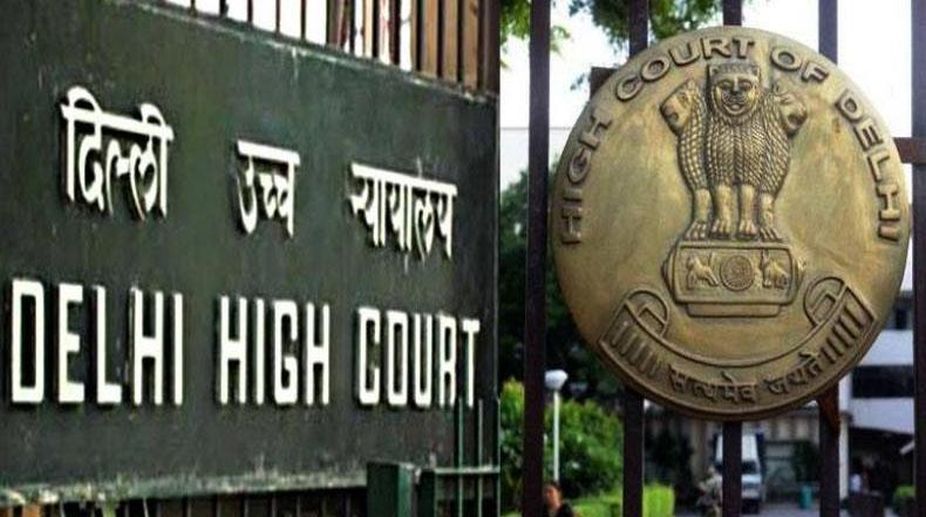 In the recent case of Agatha Christie Limited vs Registrar of Trade Marks, the Delhi High court quashed the order of the Deputy Registrar of Trade Marks refusing the registration of the trademark “And Then There Were None“. The court confirmed its registration in view of the refusal order being unreasoned.
In the recent case of Agatha Christie Limited vs Registrar of Trade Marks, the Delhi High court quashed the order of the Deputy Registrar of Trade Marks refusing the registration of the trademark “And Then There Were None“. The court confirmed its registration in view of the refusal order being unreasoned.
The plaintiff/appellant, Agatha Christie Ltd., a company established in 1955 by the famous crime fiction author Agatha Christie had filed an appeal with the Delhi High court against the decision of the Trade Marks Registry refusing the registration of the trademark “And Then There Were None” on the ground of lack of distinctiveness. “And Then There Were None” is one of the famous murder mystery genre books by Agatha Christie originally published on November 6th, 1939. The appellant had filed the trademark application for the mark “And Then There Were None” on December 5th, 2017, in respect of classes 9, 16, and 41. The appellant had argued that no mark similar to the mark of the appellant was in use in respect of goods and services in relation to which the appellant was seeking registration.
The application of the appellant was listed for show cause hearing before the Deputy Registrar of Trade Marks. The Deputy Registrar of Trade Marks refused the application for the trademark “And Then There Were None” stating that “To my mind, applied mark is a kind of mark where one needs to educate the people that it is not just any phrase but a trademark and is intended to be so used. Applied mark is only proposed to be used. There is no substantive evidence that the applied mark has been used as a trademark ever. Applied mark lacks distinctiveness.”
The court opined that the right to register a trademark is a right conferred by the Trade Marks Act, 1999, and it should not be disallowed if the mark does not suffer from any of the infirmities defined in Sections 9, 11, and 13 of the Trade Marks Act. The court observed that the trademark “And Then There Were None” being the title of the most famous fiction of the appellant is prima facie capable of creating an association between the name and the appellant, which is a company established by Agatha Christie herself. The court further held that “if the mark is distinctive and is not identical or confusingly or deceptively similar to any earlier mark which is registered or in use from a prior date in respect of similar goods or services, or which results in the passing off, by the applicant, of its goods or services as those of another, registration of the mark is a matter of right.”
The court set aside the order of the Trade Marks Registry noting that it was unreasoned and denied the rights to the appellant without due justification. It further explained that the right to register a mark is a valuable right, partaking of the character of Article 19(1)(g) of the Constitution of India. Any order refusing the registration of a trademark has to be informed by reasons which should be apparent on the face of the decision. The court remitted the matter to the Registrar of Trade Marks stating that if the application of the appellant does not suffer from any other fatal infirmity, the mark “And Then There Were None“, as sought by the appellant, be registered under Classes 9, 16 and 41.
In conclusion, this case highlights the importance of a speaking and reasoned order while refusing to grant registration to a trademark. The court emphasizes that refusal of registration of a trademark should be on the grounds provided by the Trade Marks Act which is an exhaustive list. This order of the Delhi High Court in a way directs the Trade Marks Registry to pass an order which informs the applicant of the reasons of rejection.
Authors Manisha Singh and Surabhi Oberai write about the unreasoned order, an analysis on refusal order of trademark “And Then There Were None” a famous murder mystery book of Agatha Christie by Trade Marks Registry.



